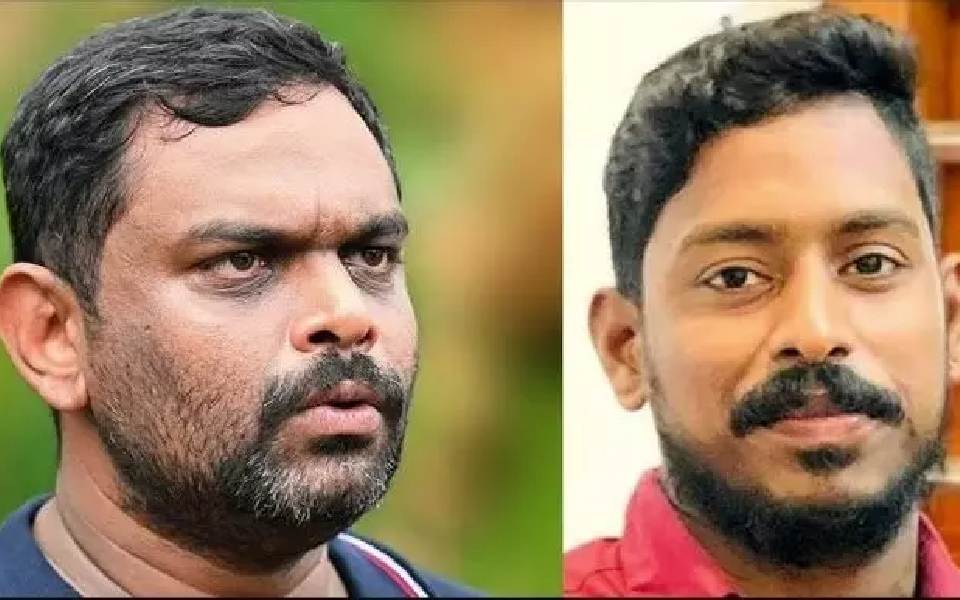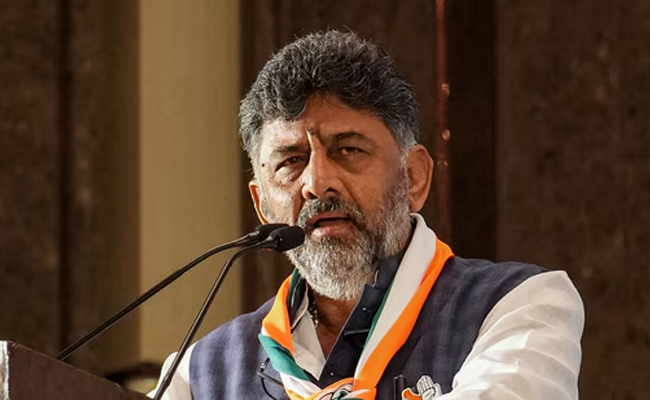KOZHIKODE (KERALA): Police have registered a case against Manaf, a lorry owner, and others based on a defamatory complaint lodged by the sister of Arjun, who was driving Manaf's lorry when he died in a landslide in Shirur, Karnataka.
In her complaint, Anju alleged that Manaf, capitalising on the emotional state of Arjun's family, carried out propaganda and started a YouTube channel using her deceased brother's photo, thereby defaming the family.
The case was registered by the Chevayur police. They have also booked those who carried out defamatory propaganda against the family on social media.
It further alleged that after the family disclosed these matters to the media, Manaf used that to create a situation to carry out a cyber attack against Anju and her family in a manner that incites communal hatred.
Manaf has been charged under sections BNS 192 (Wantonly giving provocation with intent to cause riot, if rioting is committed) and 120 (O) of the Kerala Police Act (Penalty for causing nuisance and violation of public order).
The family of Arjun had accused Manaf of using their emotions for his personal gain, an allegation denied by him.
Arjun's family held a press conference at their residence here on Wednesday and told reporters that Manaf, who was initially with them, was now using their emotions for his personal gain, including collecting funds from various sources.
They had also claimed that he was characterising them as destitute, which was hurtful as many of the family members have jobs.
Reacting to the allegations, Manaf said he did not want to create a controversy and he was someone who approaches things emotionally.
He also apologised to Arjun's family if things had gone wrong.
On September 25, after Arjun’s remains were recovered along with the lorry from the Gangawali river near Shirur village, Manaf said that his efforts to get Arjun back to his family had been vindicated.
He had also said that he fulfilled the promise to Arjun’s family, especially his father and infant son, that he would be brought back to them.
The July 16 landslide on National Highway 66 claimed the lives of nine people, including that of Arjun.
Manaf had stayed in Karnataka for more than two months till Arjun’s remains were recovered from the river.
Let the Truth be known. If you read VB and like VB, please be a VB Supporter and Help us deliver the Truth to one and all.
Gorakhpur (PTI): A hospital employee was booked for allegedly sexually assaulting a woman in the pretext of an ultrasound test here in the district women's hospital, police said on Saturday.
According to the complaint, the woman, a resident of the Gulriha area, visited the district women's hospital on Thursday morning for an ultrasound test.
She was directed to a room, where Abhimanyu Gupta was conducting ultrasounds. When her turn came, the accused allegedly stared at her and told her to remove all her clothes, claiming it was necessary for the test and that a massage would also be required, she said.
ALSO READ: UP: Girl kidnapped, raped multiple times over 25 days; accused held
The woman alleged that once she complied, the accused began making obscene advances and tried to force himself on her. When she screamed, he allegedly gagged her, abused her and threatened to kill her before pushing her out of the room.
She said her complaints within the hospital went unheard, forcing her to approach the police.
Taking cognisance of the complaint, the hospital administration constituted a three-member inquiry committee, officials said.
Senior consultant (paediatrics) Dr Jay Kumar said, "The woman has levelled serious allegations against a staff member. Senior officials have been informed, and a departmental inquiry is underway. Strict action will be taken if the charges are proved."
Kotwali Station House Officer Chatrapal Singh said a case has been registered, and efforts are on to nab the accused.





